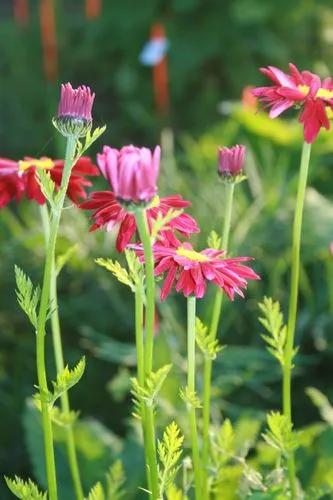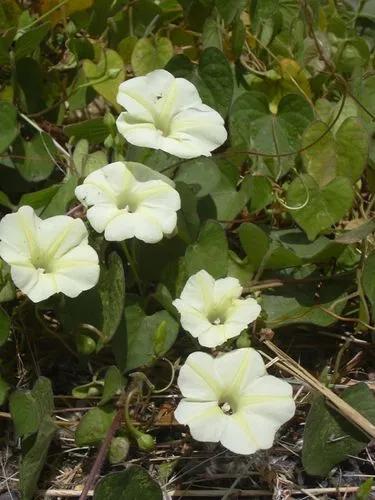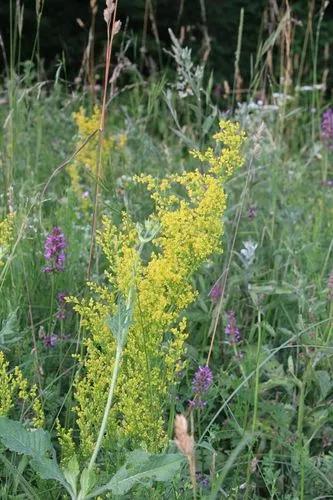Leaves are a deep glossy green and measure 3 mm wide. Flowers, which bud late in August (when propagated in the Northern Hemisphere) at first resemble a new leaf, but emerge from their papery sheaves to a stunning whiteness; they are erect in perianth white and sometimes pinkish abaxially. The leaf-like bract is 1.8 to 4 cm. They grow best in full sun to part shade and require a medium wet soil. Propagation is done by dividing bulbs or offsets and from seed.тZephyranthes candida was first described by John Lindley in 1823 as Amaryllis candida. It was transferred to its current genus in 1826 by William Herbert. Other common names of Zephyranthes candida include August rain lily, white zephyr lily, white fairy lily, white rain lily, and autumn zephyr lily.
Rain Lily Care
Zephyranthes Candida
Other names: Autumn Zephyrlily, White Windflower, White Rain Lily, Peruvian Swamp Lily



How to Care for the Plant

Water

While rain lilies can survive periods of drought, you won’t see their flowers until a summer soaking triggers the blooms to appear. You can choose to wait out the drought, or irrigate the flowers thoroughly to prompt flowering.

Fertilizer

Rain lilies do not need to be fertilized, but if you're planting them in heavy clay you can spread a layer of compost over the ground before they emerge in the spring.

Sunlight

Choose an area in full sun to plant rain lilies. Some dappled shade or afternoon shade is usually tolerated, especially in hot climates.

Soil

Rain lilies thrive in average to rich garden soil. The bulbs exhibit tolerance to a wide range of drainage situations, so try your luck with rain lilies in both boggy and sandy conditions.

Temperature

Rain lilies are best suited for warm, humid environments. Gardeners in colder growing zones can still enjoy these plants in containers, where they perform reliably as border fillers.

Container

Rain lilies grow well in pots. The tops of the bulbs should be covered by an inch of soil. Although generally planted 2–4 inches apart when in the ground, when grown in containers, rain lily bulbs can be placed closer together, as they prefer being crowded.

Popularity

1,007 people already have this plant 191 people have added this plant to their wishlists
Discover more plants with the list below
Popular articles






